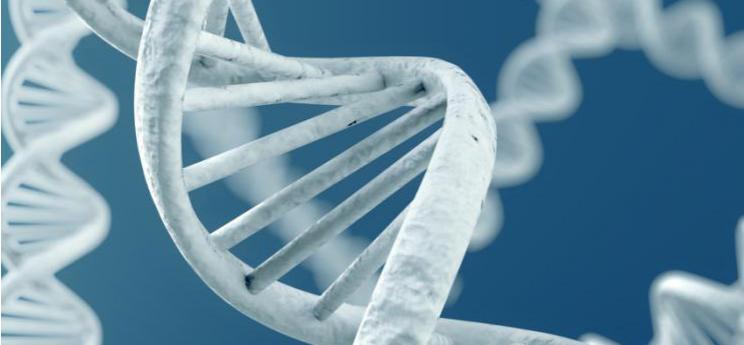Vous êtes ici
Rare genetic disease

What is cystic fibrosis?
Cystic fibrosis (CF) is a rare genetic disease that primarily affects the respiratory and digestive tracts. In France, there are about 2 million healthy carriers of the CF gene and every 3 days, a child is born with the disease.
CF is also known as mucoviscidosis: mucus + viscosity = mucoviscidosis.
Mucus is a secretion produced by the lining cells of hollow organs (such as the bronchi, the digestive tract, the pancreatic ducts, the bile ducts of the liver). With CF, the mucus is abnormally thick and sticky, "viscous". This lack of fluidity leads to the obstruction of passages in the affected organs. As a result, the bronchi can become congested and infected causing coughing and expectorations. The digestive tracts and ducts (intestine, pancreas, liver) can also become obstructed, resulting in digestive and hepatic disorders.
Things you should know
CF affects both genders indiscriminately
Its symptoms differ from one patient to another; some are more severely affected in the lungs and others in the digestive tract.
It is a chronic disease for which screening and medical care are now well organised in France.
It is not contagious
It does not affect intellectual or motor capacities
A rare genetic disease
Transmission
A defective gene due to what is known as a "mutation" is the cause of CF. The gene is the basic unit of genetic information and determines the characteristics of each person, such as eye and skin colour, height, etc. Genes function in pairs (one comes from the mother and the other from the father). When both parents are carriers of a mutation that causes CF, their child has a one in four risk of having the disease. The risk is the same for each pregnancy. A child with CF is therefore a carrier of the inherited mutations of each of their parents.
When both parents are carriers, the child will inherit:
• In A: 2 healthy genes. The child is healthy and a non-carrier: 1 in 4 probability.
• In B and C: one healthy gene and one defective gene (mutation). The child is healthy but a carrier. 2 in 4 probability.
• In D: 2 mutations. The child has cystic fibrosis. 1 in 4 probability.
Being the carrier of a mutation without knowing it
A healthy carrier does not have CF because only one out of two genes is defective (mutation): cases B and C in the diagram. In this case, the disease does not manifest. "Healthy carriers" of a single mutation are unaware of it, as by definition, they have no symptoms.
*The information provided on this website is intended to improve, not to replace, the relationship that exists between the patient (or visitor to the website) and healthcare professionals.
© Fotolia - 3dmentat




